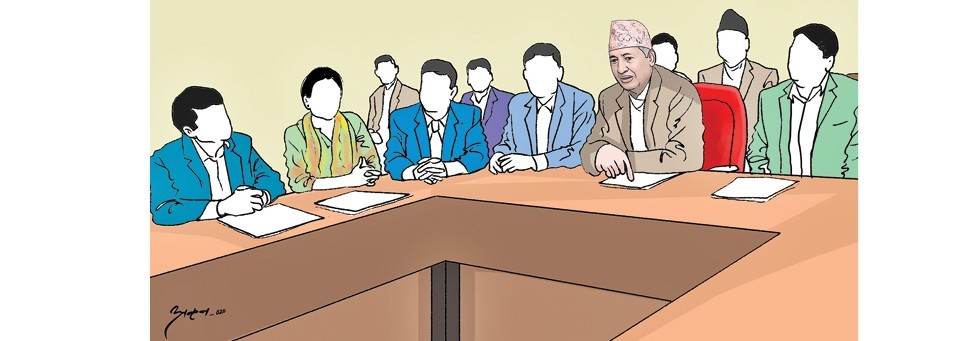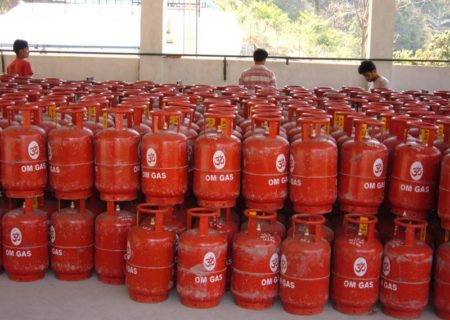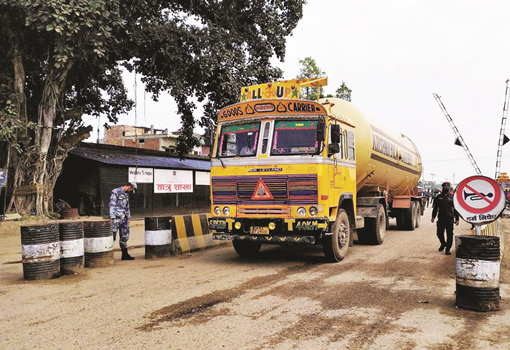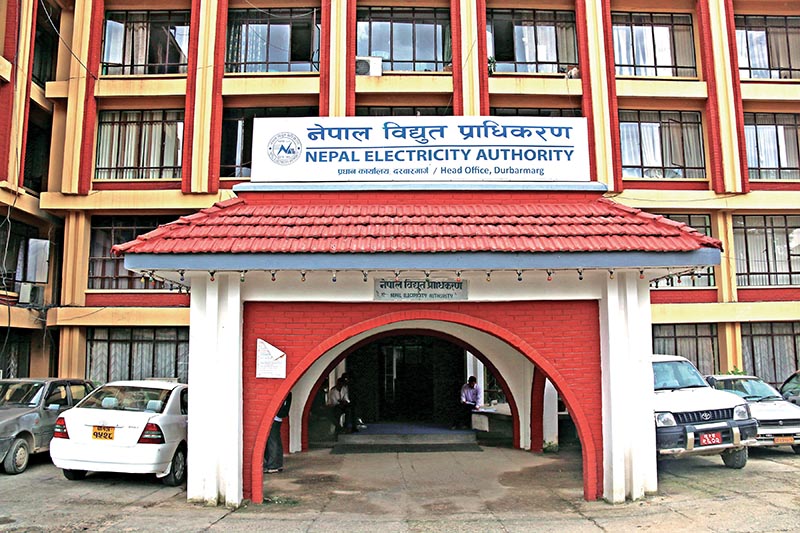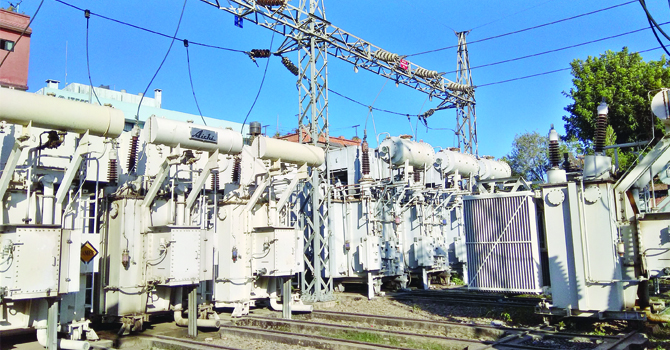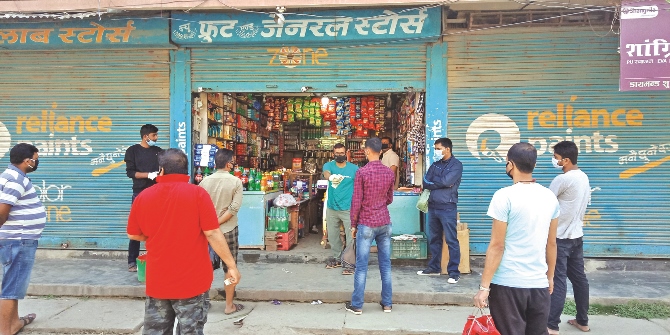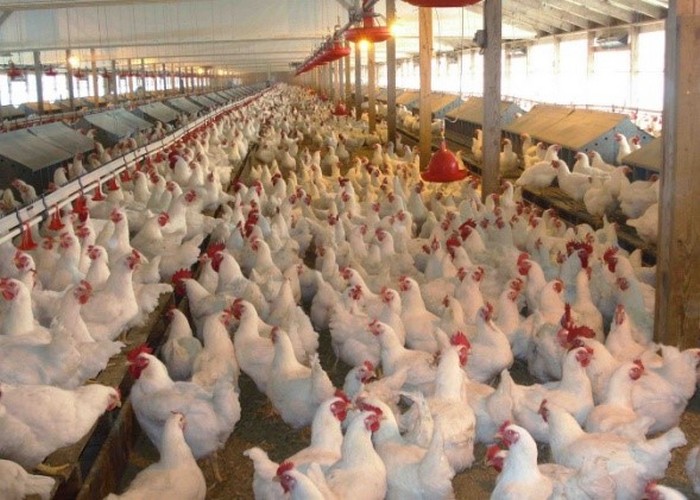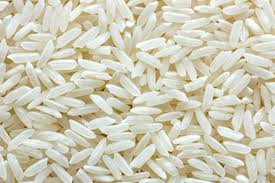Strong US dollar hits foreign currency reserve while remittance inflow drops
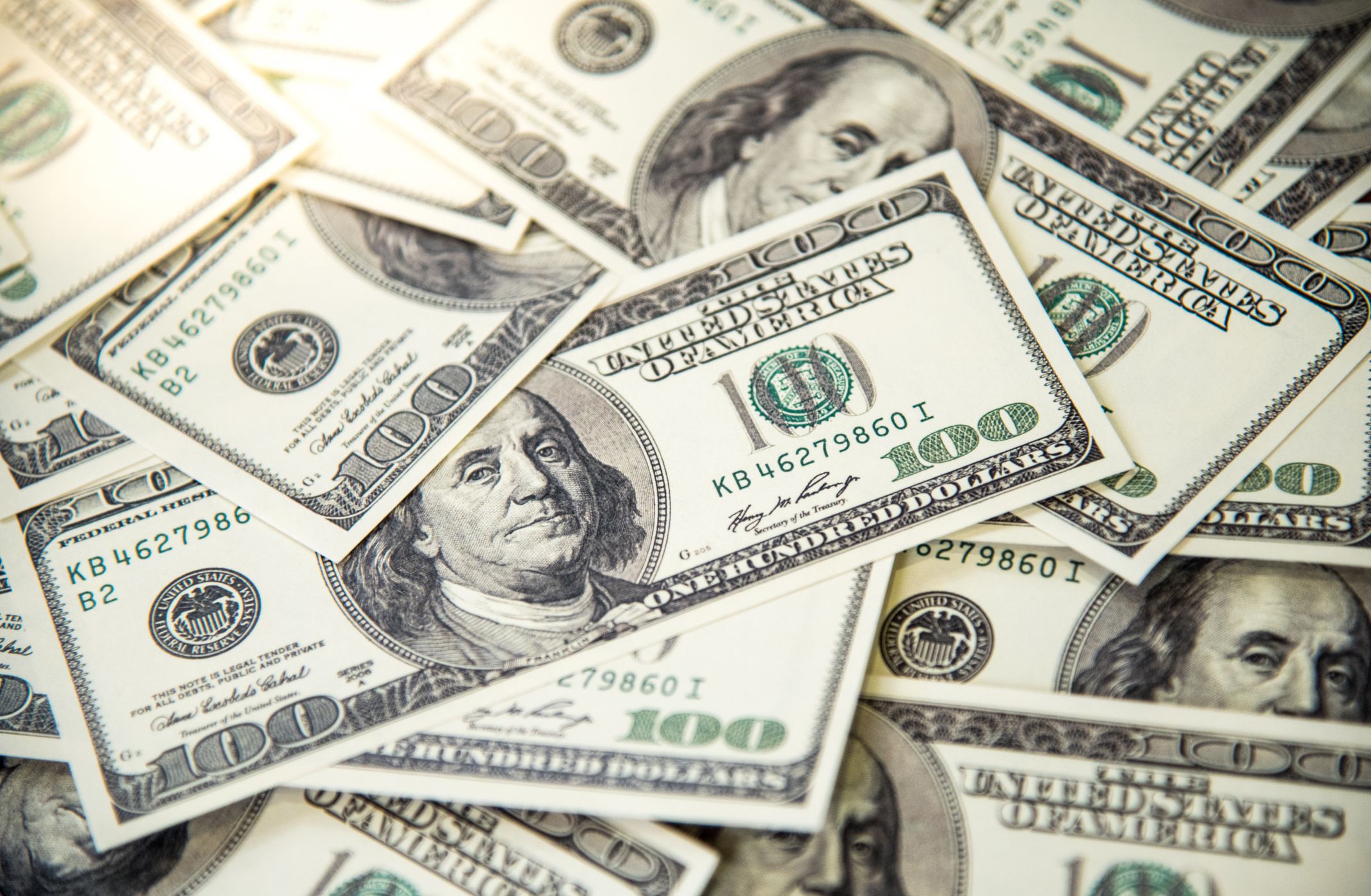
By Laxman Kafle
Kathmandu, Apr. 16: The significant devaluation of Nepali rupee against US dollar will affect foreign currency reserves and inflation during the period of economic crisis, said economists.
The country will face an additional burden on the repayment of principles and interest of foreign debt due to the increasing exchange rate of the US dollar, they said.
The Nepali currency is getting weaker against the US dollar over the months significantly owing to impact of COVID-19 spreading across the world.
Nepal Rastra Bank (NRB) has fixed the selling rate for one US dollar at Rs 122.34 for Wednesday.
The Nepali rupee plunged to an all-time low against the US dollar with NRB fixing the exchange rate at Rs 122.50 on April 9, this year.
According to economist and former vice-chairman of National Planning Commission Dr Shankar Sharma, improvement in the exchange rate of dollar with Nepali rupee will create more negative impact on Nepali economy during this situation when the economy is affected by the COVID-19.
“The devaluation of Nepali rupees will directly hit inflation and foreign currency reserve as the government had to spend more Nepali rupees to pay foreign loans. Inflation will be higher during the situation as the price of imported goods will be higher caused by stronger dollar,” he told The Rising Nepal.
The inflation rate will be above 7 per cent if the situation prolongs for few months, he said.
The foreign currency reserve would be affected in this context as exchange rate of dollar has been increasing and source of foreign current earning such as remittance, tourism and export sector has affected due to the impact of COVID.
He said that inflow of remittance has affected due to the COVID as almost all works in abroad stopped following the lockdown enforced by the respective countries to prevent and control coronavirus.
In this context, the NRB and the government should ask the Asian Development Bank, World Bank and other donor agencies to provide foreign assistance and loans to maintain foreign currency reserve.
Similarly, the government should request the donor agencies to extend the time for repayment of foreign loans and installment considering the present crisis.
"Nepal will take benefit from appreciated exchange rate of dollar if the export increased. But, Nepal’s export to the third countries has been affected due to the lockdown. Due to being an import-based economy, consumers would be more affected by the devaluation of Nepali rupee as the price of imported goods will be higher," said economist Dr. Chandramani Adhikari.
Besides, the appreciation of dollar will also hit the development works and increase their cost as the country is compelled to import almost all the machinery and other equipment related to construction paying a high price.
“It is a must to restrict the import of luxurious goods and unnecessary items in this crisis to maintain the foreign currency reserve,” he said.
Spokesman and Executive Director of NRB Dr Gunakar Bhatta said that inflow of remittance would decrease due to the impact of COVID-19 which would create a pressure in foreign currency reserve.
“The inflow of remittance will decrease significantly this year as the workers abroad have become jobless due to COVID-19,” he said. The country had received remittance of Rs 879 billion last year.
But, the country received only Rs 600 billion by the first six months of the current fiscal year.
US dollar is becoming stronger in the international market due to increase in its demand as the foreign investors are investing in dollar as a safe investment, he said.
“I think there won’t be severe impact on foreign current reserve as the import of luxurious goods will decrease following the restriction on import of expensive vehicles and the price of oil has slumped in the international market,” he said.
He said that the government would urge the donor agencies including IMF, ADB and WB for support to protect the country’s economy from this crisis.
Recent News

Do not make expressions casting dout on election: EC
14 Apr, 2022
CM Bhatta says may New Year 2079 BS inspire positive thinking
14 Apr, 2022
Three new cases, 44 recoveries in 24 hours
14 Apr, 2022
689 climbers of 84 teams so far acquire permits for climbing various peaks this spring season
14 Apr, 2022
How the rising cost of living crisis is impacting Nepal
14 Apr, 2022
US military confirms an interstellar meteor collided with Earth
14 Apr, 2022
Valneva Covid vaccine approved for use in UK
14 Apr, 2022
Chair Prachanda highlights need of unity among Maoist, Communist forces
14 Apr, 2022
Ranbir Kapoor and Alia Bhatt: Bollywood toasts star couple on wedding
14 Apr, 2022
President Bhandari confers decorations (Photo Feature)
14 Apr, 2022


